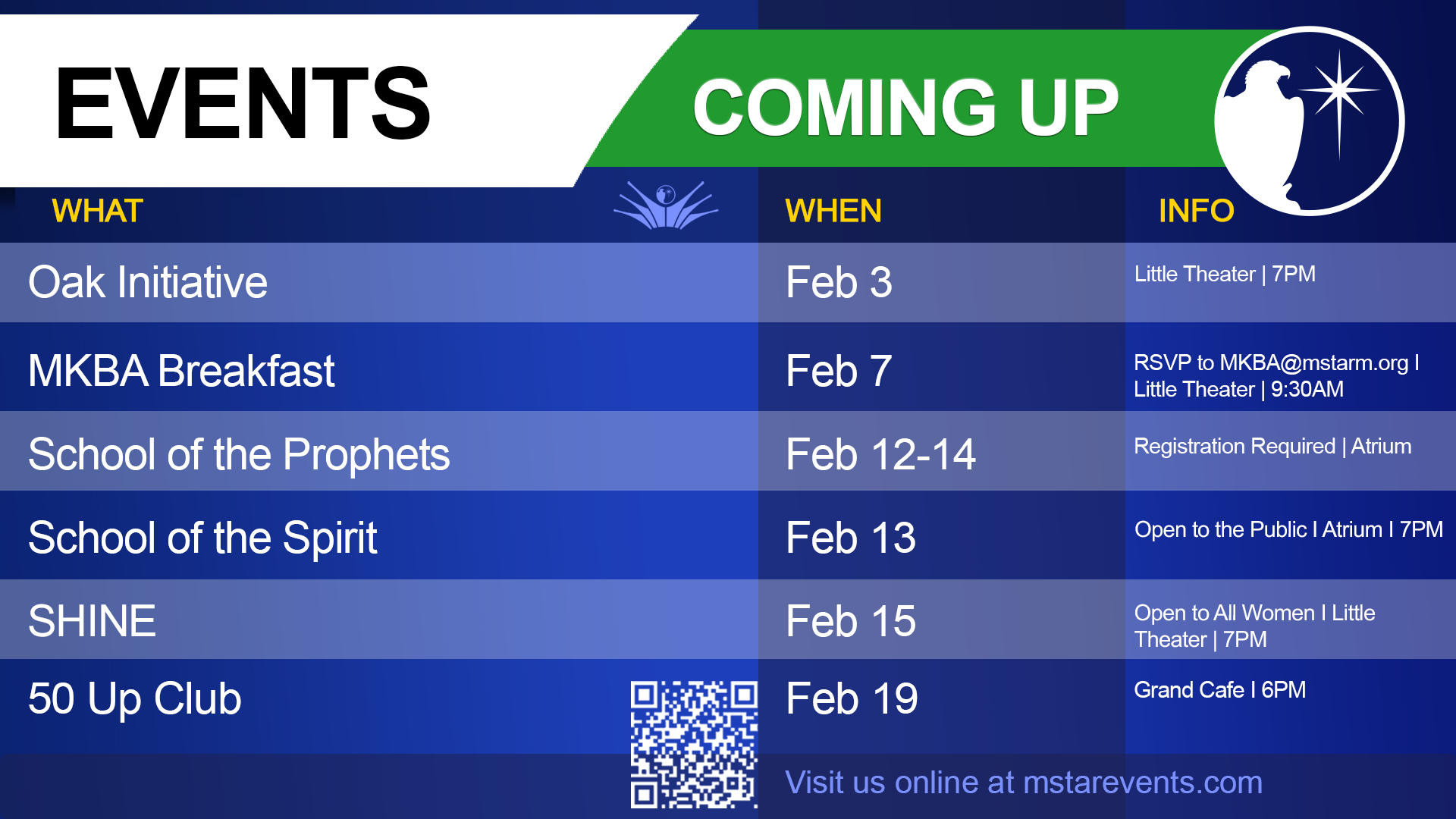As stated previously, for the most part I have referenced the traditional Protestant eschatology in relation to this study of the Book of Revelation. This was the generally accepted eschatology of the Protestant church and virtually all evangelical Christians before the 1844 Advent Movement.
An eschatology that emerged in this movement taught that the Book of Revelation was all about the end of the age and therefore, all futuristic. This conflicts with what is written at the beginning of Revelation. There John wrote that these things would “shortly come to pass.” They did begin to come to pass soon after he received this vision. They unfolded throughout the church age even though some parts have yet to be fulfilled..
Again, what I have presented for the most part in this study is what is referred to today as the “historical perspective” of the Book of Revelation. I lean toward this perspective as it was the view of virtually all of the Reformers and most closely aligns with the writings of the Early Church Fathers—the direct disciples of the Lord’s twelve disciples. Even so, this does not mean we must accept all aspects of this, or any perspective, or that there is not merit to more recently developed eschatology.
I have sought to do a comparative analysis, to take what seemed to be the truth—or points with the most merit—from each major school of eschatology. I also tried to keep in mind that there are many unrevealed mysteries about this Revelation, and we should continue to be open to new insight from the Holy Spirit. For this reason, I do not intend to be dogmatic, but rather teachable, and to promote that attitude about the books of Daniel and Revelation. There are parts to both that have been fulfilled that are easy to see unless one is ignorant of history. There are also parts yet to be fulfilled.
As stated before, my first introduction to eschatology as a new believer was from the futuristic view, such as the one presented by Hal Lindsey in his book The Late Great Planet Earth. This book was a huge bestseller at the time, and I loved it. At the time I did not know there were other perspectives on end-time prophecy, but even then I could see gigantic holes and contradictions in the entirely futuristic view. Even so, I think such books were helpful in getting believers to start considering these prophecies of the end of the age as we are getting closer to it.
Many of the challenges I had with the futuristic view were resolved when I studied the historical perspective, but this view is also not without its challenges. Most of these challenges come from a common mistake with Bible scholars and those seeking to interpret the biblical prophecies: the attempt to carry to a logical conclusion that which God has only revealed in part. There also seems to be a need on their part to have an explanation for everything when it would be better to say that some of these things remain a mystery.
I can be guilty of these flaws as well, and therefore, I greatly appreciate feedback on these studies. I have confidence in anything I write, but on this subject I don’t think there is enough illumination yet for anyone to be dogmatic. I know I am writing to a mature audience, and for this reason I trust you to weigh carefully and prayerfully consider the things with which you are challenged.
So tighten your seatbelt. As we continue this study into next year, there will be some exciting turbulence ahead. This is often the case where there is valuable revelation.



